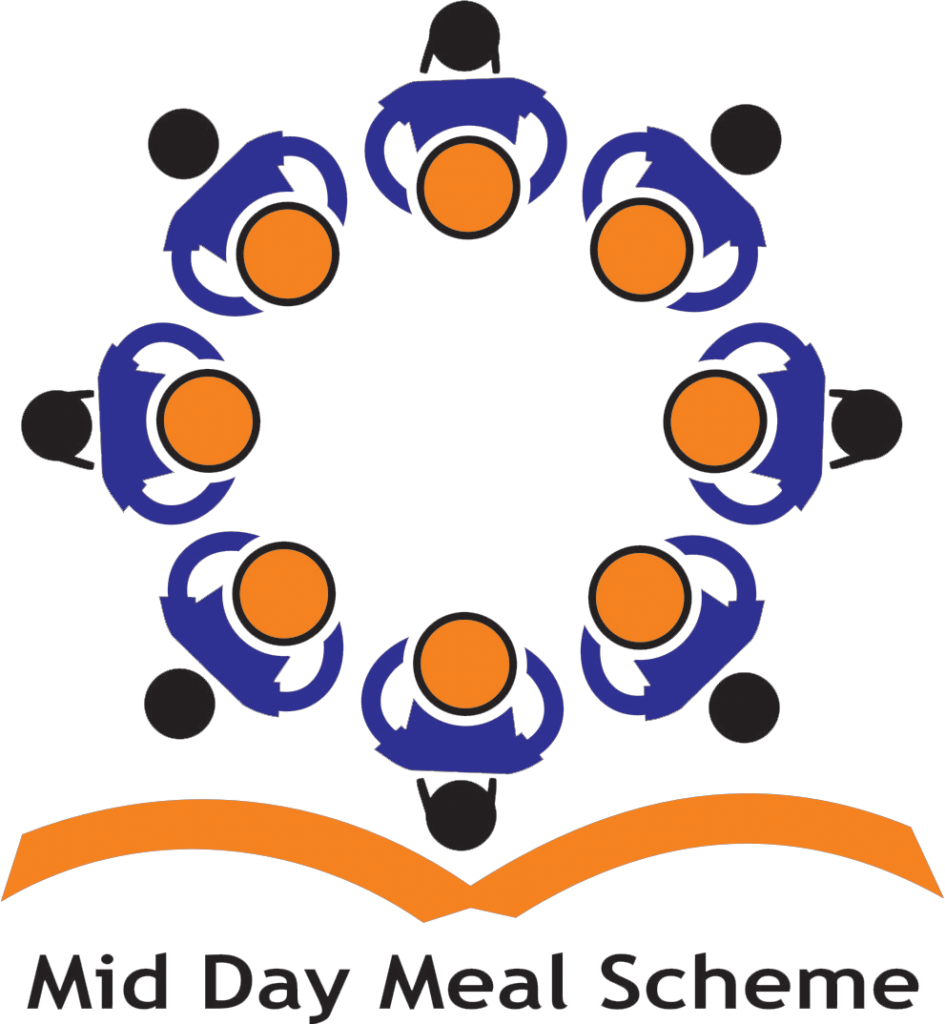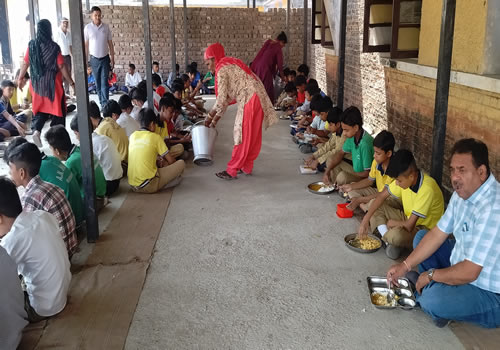A mid-day meal is a school lunch provided to children in government and government-aided schools in India as a part of the PM-POSHAN (Poshan Shakti Nirman) initiative (formerly the Mid-Day Meal Scheme) to improve their nutritional levels and support their education. In November 2001, the Supreme Court of India passed a mandate stating,
“We direct the state governments/union territories to implement the Mid-Day Meal Scheme by providing every child in every government and government-assisted primary school with a prepared midday meal.”
The provision of mid-day meals in India has helped in:
- Increasing enrolment in schools
- Increasing attendance
- Mitigating classroom hunger
- Helping students concentrate in the classroom
- Reducing the drop-out rate among students
- Addressing the issue of malnutrition among children
- Empowering women through employment
- Improving socialization among children
In addition to these, the scheme has also contributed to promoting gender equality, particularly by encouraging families to send their daughters to school. It supports physical and mental development during early growing years and fosters better hygiene and food habits among students.
By sourcing ingredients locally, it also boosts the rural economy and encourages community participation through School Management Committees.
In many areas, fortified food is being provided to tackle micronutrient deficiencies, and the scheme also acts as a platform for school health initiatives like regular health check-ups, deworming, and nutrition awareness.


